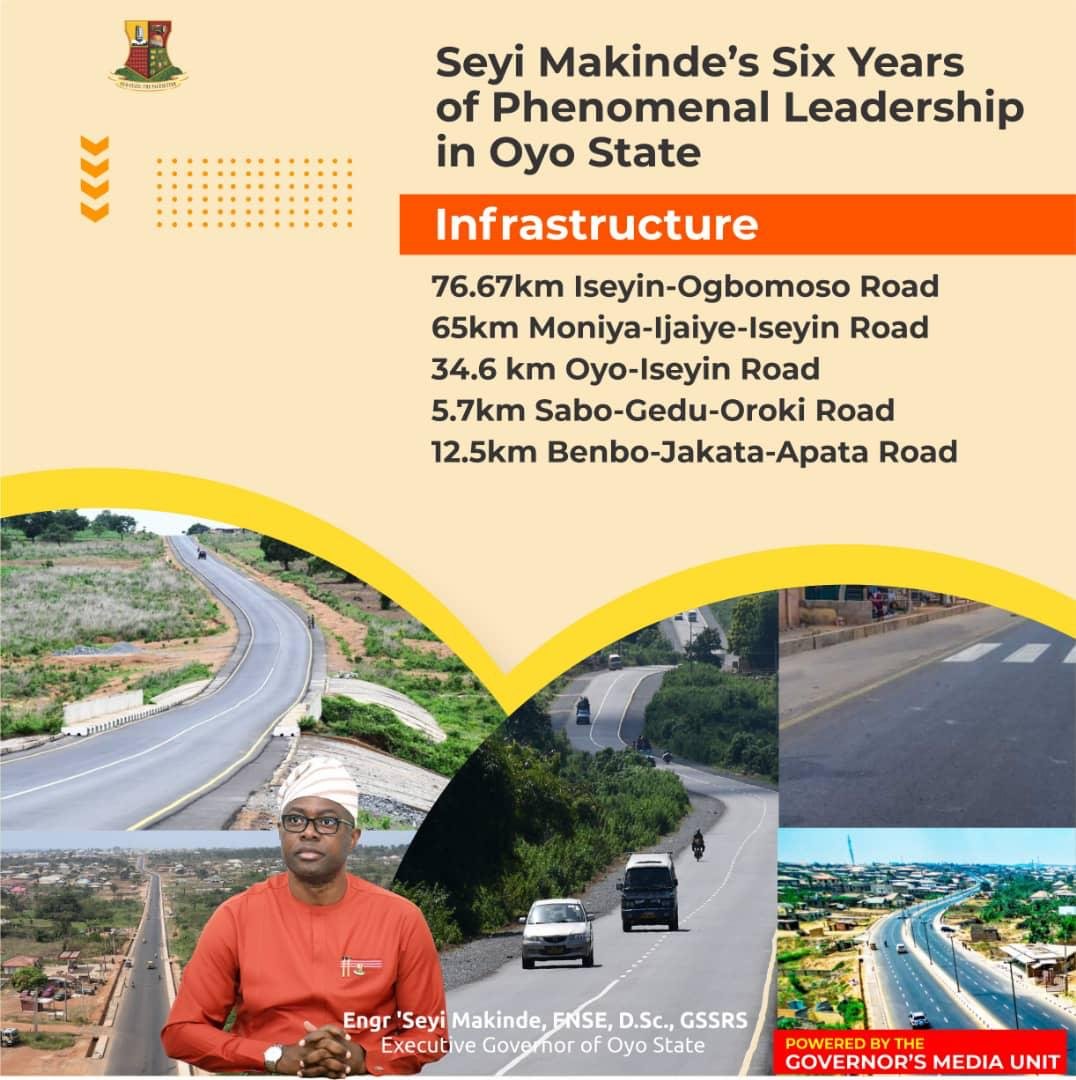A former Governor of Oyo State, Rashidi Ladoja was on Monday re-arraigned by the Economic and Financial Crimes Commission on an amended 11 counts charge bordering on an alleged fraud of N4.7bn.
Ladoja was arraigned alongside Wahid Akanbi.
TribuneOnline recalls that the duo was first arraigned in 2008 before Justice Ramat Mohammed of the Federal High Court but they challenged the validity of the charges all the way to the Supreme Court over a period of seven years before the apex court in 2015 dismissed their appeal and sent them back to the high court to face their trial.
They were subsequently re-arraigned on December 14, 2016, before Justice Mohammed Idris at the Federal High Court in Lagos.
And on September 12, after the prosecution closed its case against the duo, the defence counsel hinted that they would be filing applications for no-case submission on behalf of their clients which they did.
However, before Justice Idris could hear the application, EFCC’S counsel, Olufemi Olabisi filed fresh amended 11-count charge against the defendants
Ladoja’s counsel Bolaji Onilenla challenged the competency of the charge against his client.
Ladoja’s counsel prayed the court to dismiss the fresh charge filed against his client describing it as oppressive and abuse of court’s processes.
But the prosecutor, Olabisi in his opposition to the former governor’s application urged the court to discountenance Ladoja’s counsel submission saying, that the act to file a fresh charge against any defendant at any stage of trial by the prosecution is in tandem with the constitution and Administration of Criminal Justice Act (ACJA).
They both pleaded not guilty to the charges.
The court also ordered Ladoja’scounsel Onilenla and Akanbi’s counsel, Adeyinka Olumide-Fusika (SAN) to move their no case submission applications filed respectively.
Ladoja’scounsel while arguing his application, submitted that EFCC has not been able to link his client to the alleged offence pressed on him.
He submitted that all the exhibit tendered by the prosecution witnesses were not certified by the appropriate authorities which made it evidence of hearsay.
“Even bank’ documents were not tendered by its officials, hearsay evidence is inadmissible in law, the prosecution can not rely on exhibits not certified by its originators, this is not what law says on admissibility,” he said.
Akanbi‘s counsel also argued before the court that the prosecution had failed to the established prima facie case against his client, he prayed the court to strike out the name of his client from the charge
Justice Idris has fixed November 12 to rule on the applications.


































